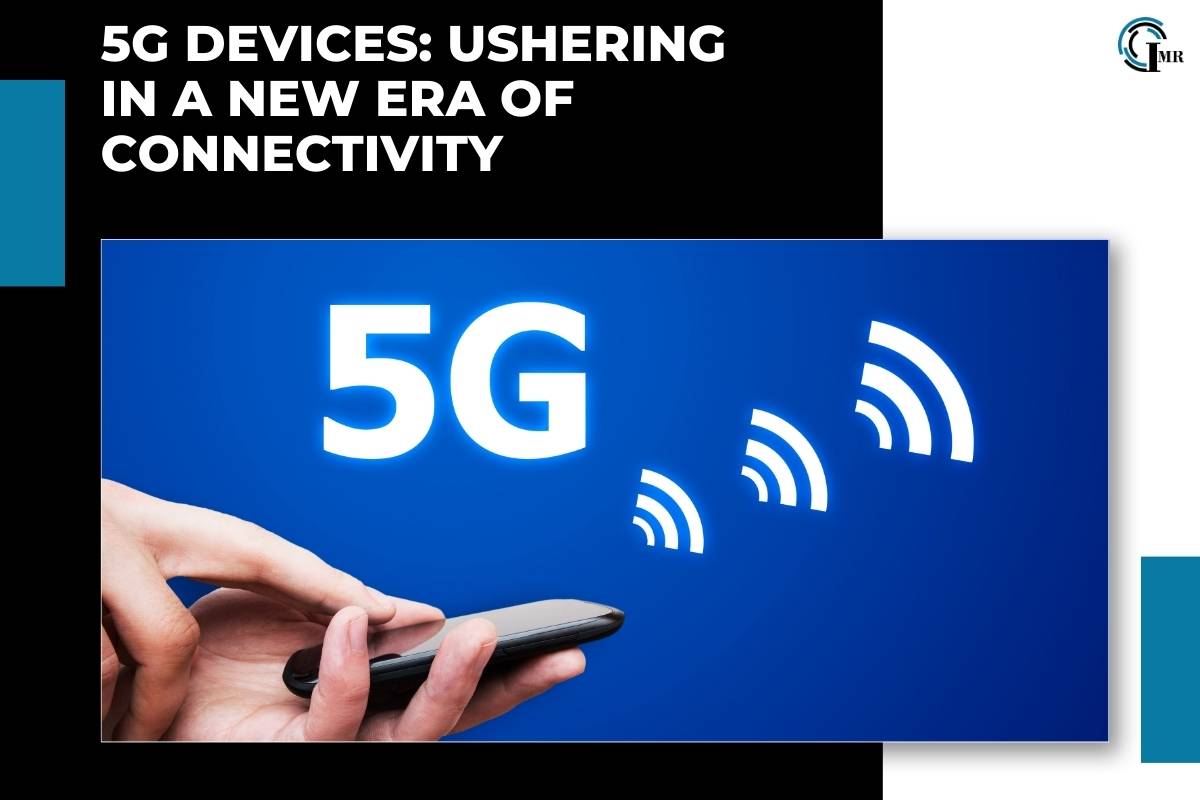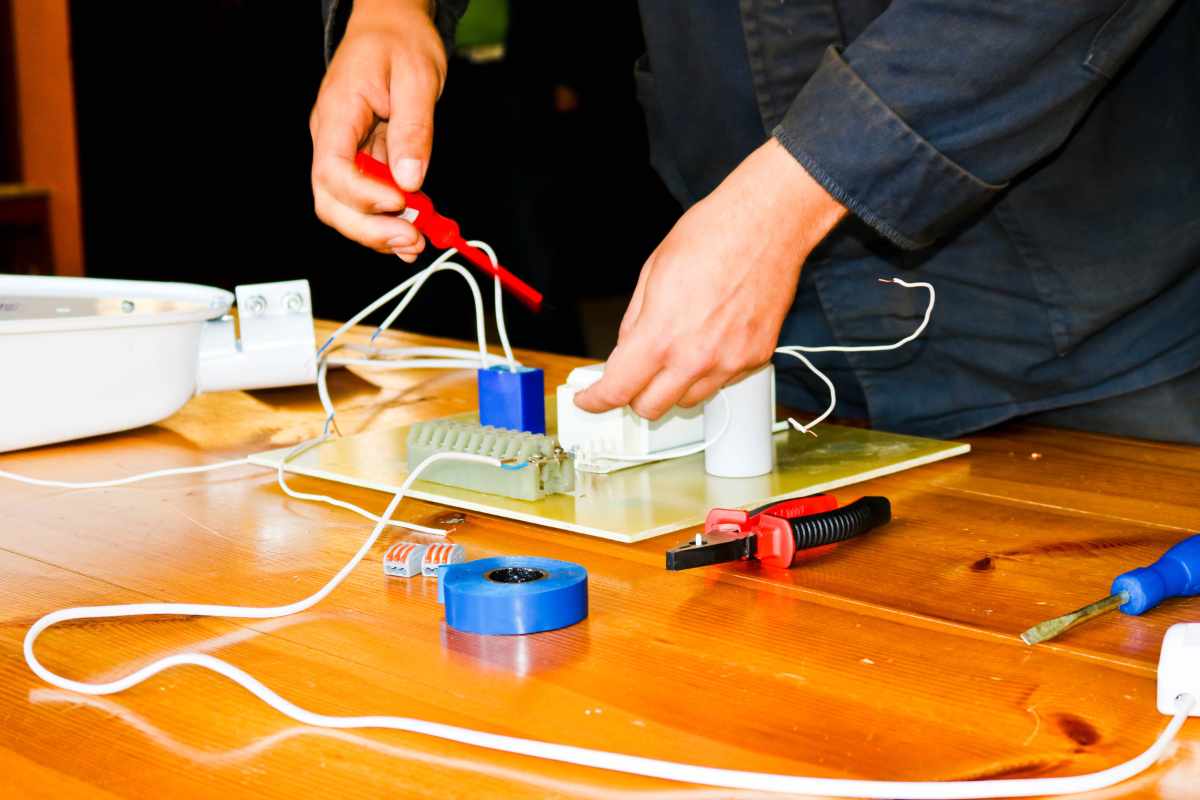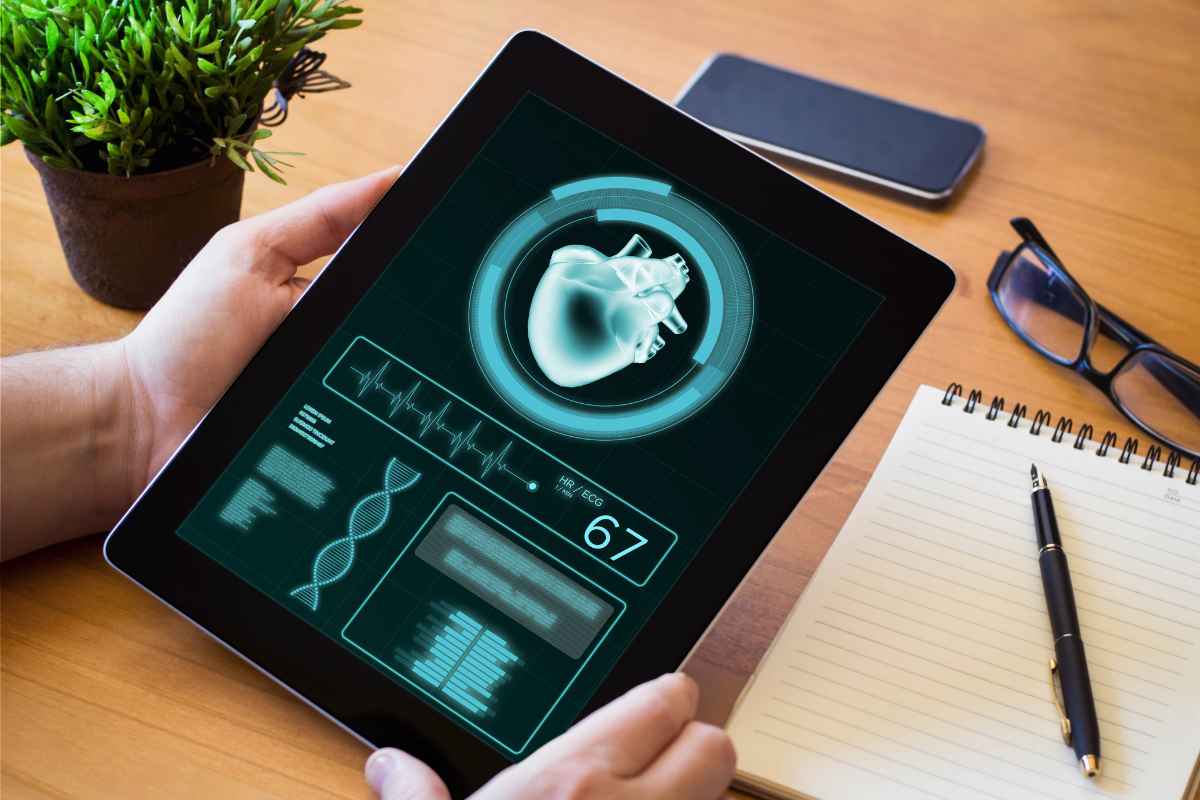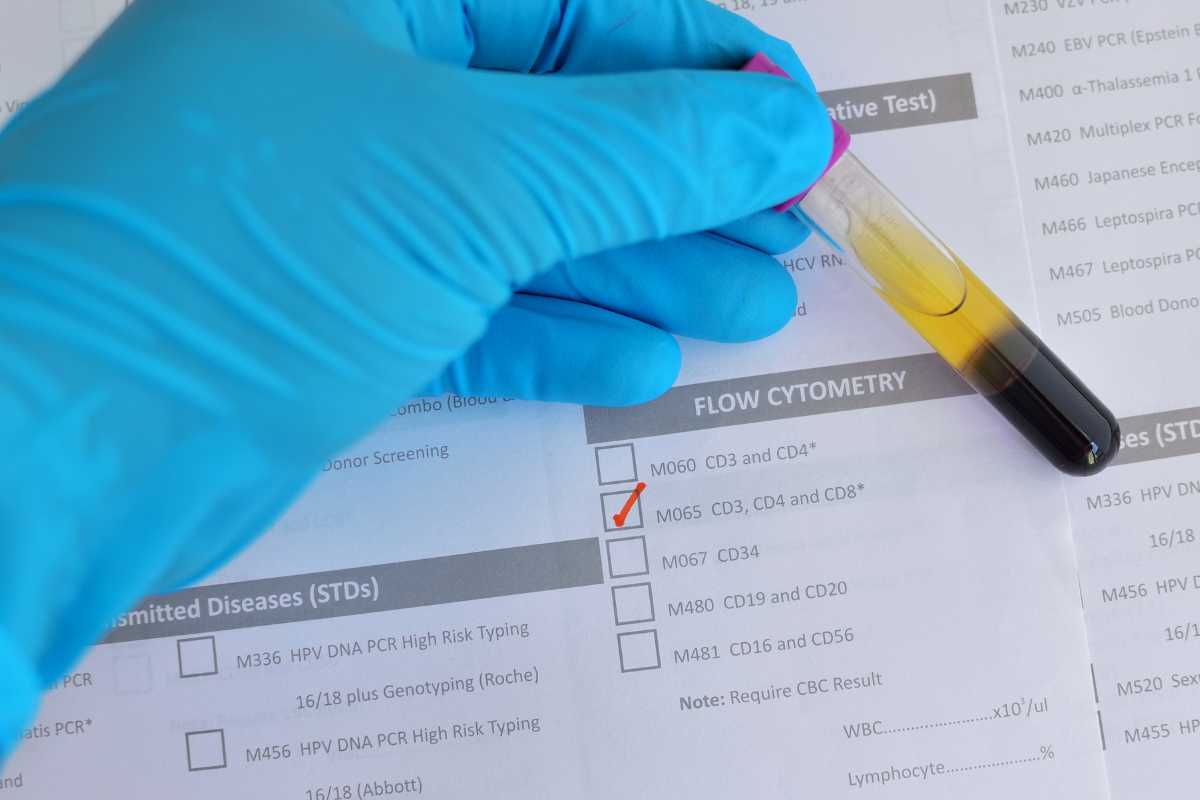The advent of 5G technology marks a transformative shift in the realm of telecommunications, promising unprecedented speeds, reduced latency, and enhanced connectivity. As this next-generation network unfolds, 5G devices are at the forefront, enabling users to leverage the full potential of 5G. From smartphones and tablets to IoT gadgets and beyond, devices are revolutionizing various sectors and redefining how we interact with technology. This article delves into the development, capabilities, applications, benefits, challenges, and future prospects of 5G devices, highlighting their significant impact on modern life.
Development and Evolution of 5G Technology
The development of 5G devices began alongside the establishment of 5G network standards. As 5G networks rolled out, device manufacturers raced to produce compatible hardware. The journey started with research and development in areas like advanced antennas, new spectrum bands, and efficient power consumption. Initial prototypes and testing phases paved the way for the first wave of commercial devices, primarily smartphones.
Early Adopters
The first commercial 5G smartphones hit the market around 2019, with major manufacturers like Samsung, Huawei, and OnePlus leading the charge. These early devices were often premium models, featuring advanced hardware to support the demanding requirements of 5G networks. Over time, the availability of 5G smartphones expanded, including more affordable models as the technology matured.
Capabilities of 5G Devices
5G smartphones offer a host of capabilities that set them apart from their 4G predecessors. These capabilities include:
Enhanced Data Speeds: 5G technology can achieve download speeds of up to 10 Gbps, significantly faster than 4G LTE. This enables seamless streaming, rapid downloads, and high-speed browsing.
Low Latency: One of the standout features of 5G is its ultra-low latency, often as low as 1 millisecond. This is critical for applications requiring real-time responsiveness, such as gaming, virtual reality (VR), and autonomous driving.
Massive Connectivity: 5G applications can connect to many more devices simultaneously compared to 4G. This is essential for supporting the Internet of Things (IoT), where numerous sensors and devices communicate continuously.

Improved Reliability: 5G networks are designed to be more reliable, providing consistent connectivity even in densely populated areas or during high-demand scenarios.
Energy Efficiency: Advances in 5G technology include improved energy efficiency for devices, extending battery life despite higher performance demands.
Applications of 5G Devices
The capabilities of 5G networks open up a wide array of applications across various sectors:
1. Consumer Electronics
Smartphones and Tablets: The most common 5G devices are smartphones and tablets. They benefit from enhanced speeds and low latency, improving user experiences in gaming, streaming, video calls, and more.
Wearables: Smartwatches and fitness trackers with 5G connectivity can offer real-time health monitoring and seamless integration with other smart devices.
2. Healthcare
Telemedicine: 5G-enabled devices allow for high-quality video consultations and remote monitoring, enhancing access to healthcare services.
Wearable Medical Devices: Devices such as glucose monitors, heart rate monitors, and other health-tracking gadgets can transmit data in real time to healthcare providers, enabling proactive health management.
3. Industrial Applications
Smart Factories: 5G technologies play a crucial role in Industry 4.0, enabling real-time data exchange between machinery, enhancing automation, and improving efficiency.
Drones and Robotics: 5G connectivity supports the operation of drones and robots in various industries, from agriculture to logistics, providing precise control and data transmission.
4. Automotive
Connected Vehicles: 5G applications are essential for connected and autonomous vehicles, facilitating vehicle-to-vehicle (V2V) and vehicle-to-everything (V2X) communication, improving safety, navigation, and traffic management.
5. Entertainment and Media
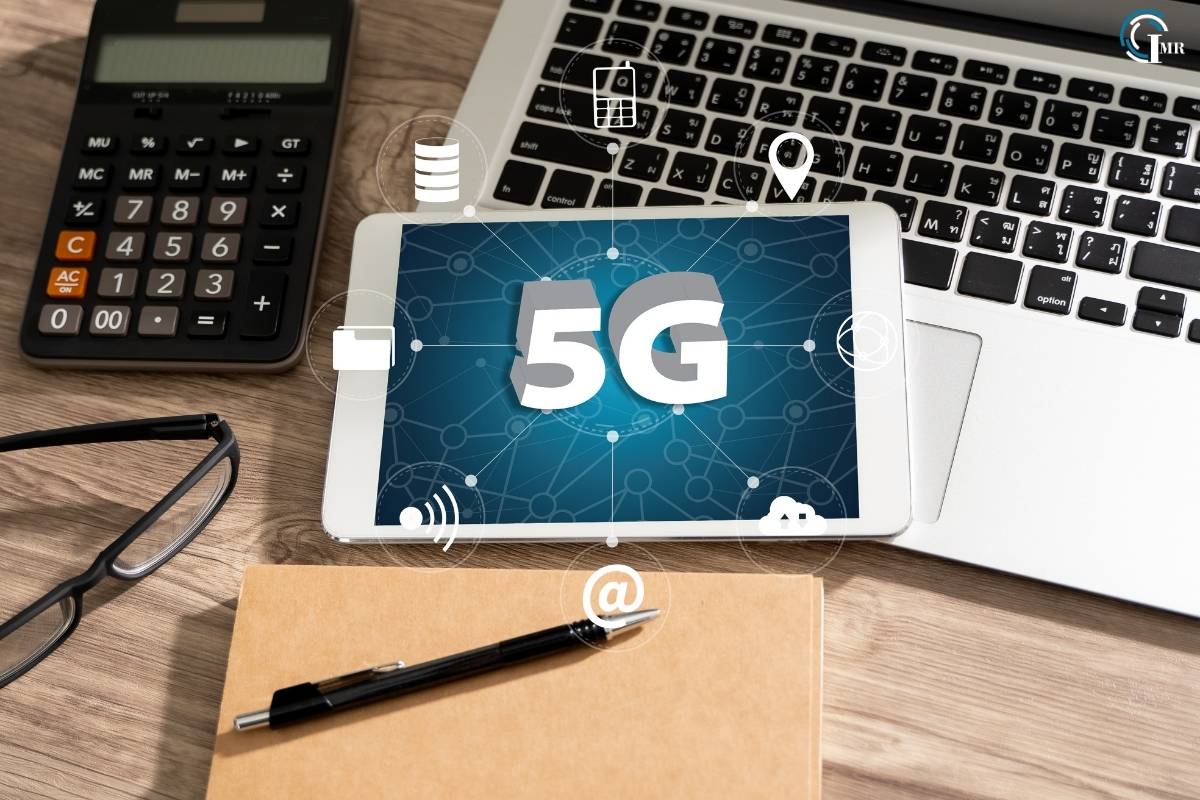
Augmented Reality (AR) and Virtual Reality (VR): 5G enables high-quality, low-latency AR and VR experiences, opening new possibilities in gaming, training, and virtual events.
Live Streaming: 5G networks enhance live streaming quality and reliability, crucial for content creators and consumers alike.
Benefits of 5G Devices
1. Speed and Efficiency
The most immediate benefit of 5G technology is the dramatic increase in speed and efficiency. This enables quicker downloads, smoother streaming, and more efficient communication, transforming everyday digital interactions.
2. Enhanced User Experience
5G applications offer an enhanced user experience, with applications running more smoothly and efficiently. Whether for gaming, streaming, or browsing, users enjoy improved performance and reliability.
3. New Possibilities
The advanced capabilities of 5G networks unlock new possibilities across various sectors. From smart homes to connected vehicles, the potential applications of 5G are vast and transformative.
4. Economic Growth
The proliferation of 5G applications contributes to economic growth by fostering innovation, creating new industries, and improving productivity across sectors.
Challenges of 5G Devices
1. Infrastructure Requirements
The deployment of 5G networks requires significant infrastructure investment, including new base stations, antennas, and fiber optic cables. This can be a barrier in rural or underdeveloped areas.
2. Compatibility and Transition
Transitioning from 4G to 5G involves compatibility challenges. Older devices and infrastructure may not support 5G, necessitating upgrades and replacements.
3. Security Concerns
The increased connectivity and data transmission capabilities of 5G technology raise security concerns. Ensuring robust cybersecurity measures is essential to protect against potential threats and vulnerabilities.
4. Environmental Impact
The production and deployment of 5G technology and infrastructure can have environmental impacts. Addressing these concerns through sustainable practices and technologies is crucial.
Future Prospects of 5G Devices
1. Continued Evolution
5G technology will continue to evolve, with ongoing research and development leading to further enhancements in speed, efficiency, and connectivity. Future iterations of the 5G network will be even more powerful and versatile.
2. Expansion into New Sectors
As 5G technology matures, its applications will expand into new sectors. Areas such as smart cities, remote education, and advanced manufacturing will benefit from the capabilities of 5G technology.
3. Integration with Emerging Technologies
5G applications will increasingly integrate with emerging technologies such as artificial intelligence (AI), machine learning, and edge computing. This integration will enhance the capabilities of 5G networks and enable more sophisticated applications.
4. Global Adoption
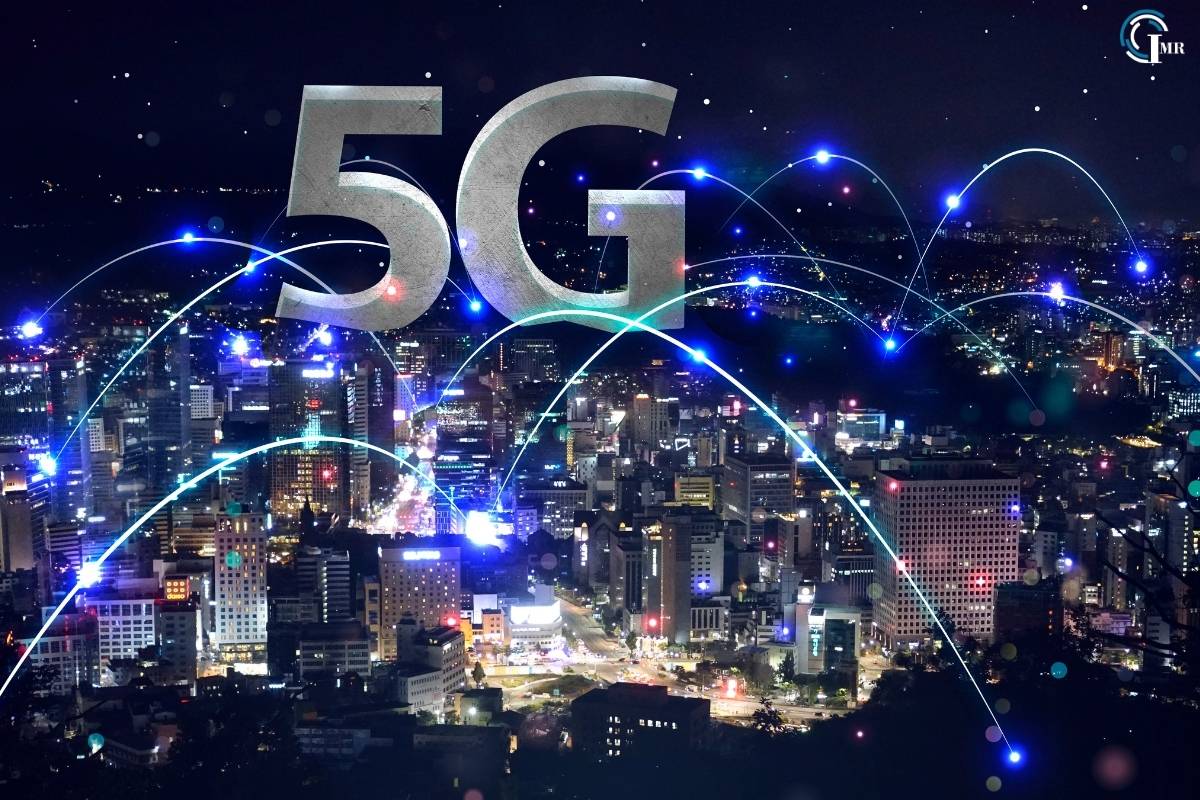
Global adoption of 5G applications will accelerate, with more countries and regions deploying 5G networks. This will lead to a more connected world, with enhanced communication and collaboration across borders.
Conclusion
5G devices are at the forefront of the next-generation connectivity revolution, offering enhanced speeds, reduced latency, and increased reliability. Their impact spans across various sectors, from consumer electronics and healthcare to industrial applications and automotive technology. While challenges such as infrastructure requirements, compatibility issues, and security concerns exist, the benefits of 5G networks are undeniable.
As technology continues to evolve, the 5G network will play a pivotal role in shaping the future of connectivity, driving innovation, and unlocking new possibilities. The continued development and global adoption of 5G will transform how we live, work, and interact, paving the way for a more connected and efficient world. Through ongoing research, investment, and collaboration, the potential of 5G devices will be fully realized, ushering in a new era of digital transformation and connectivity.

